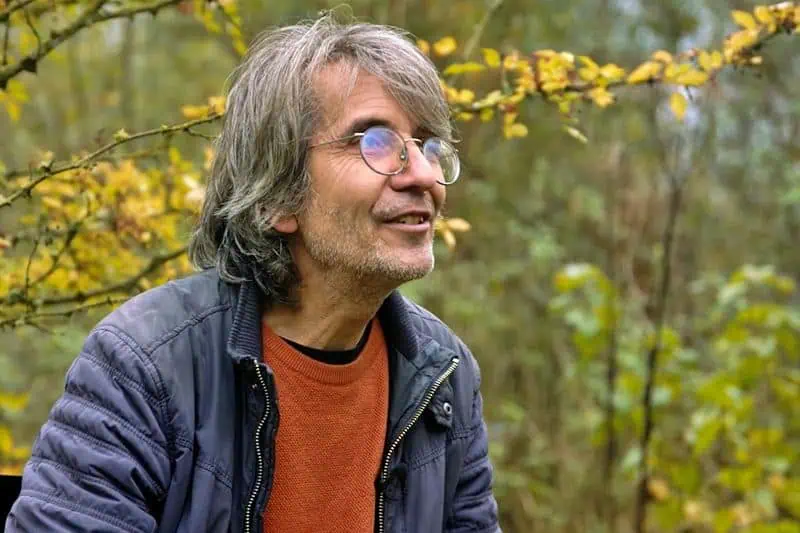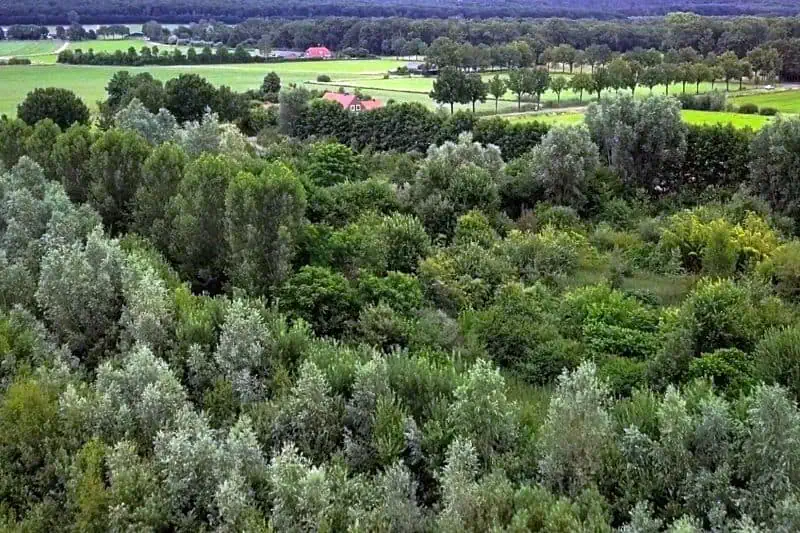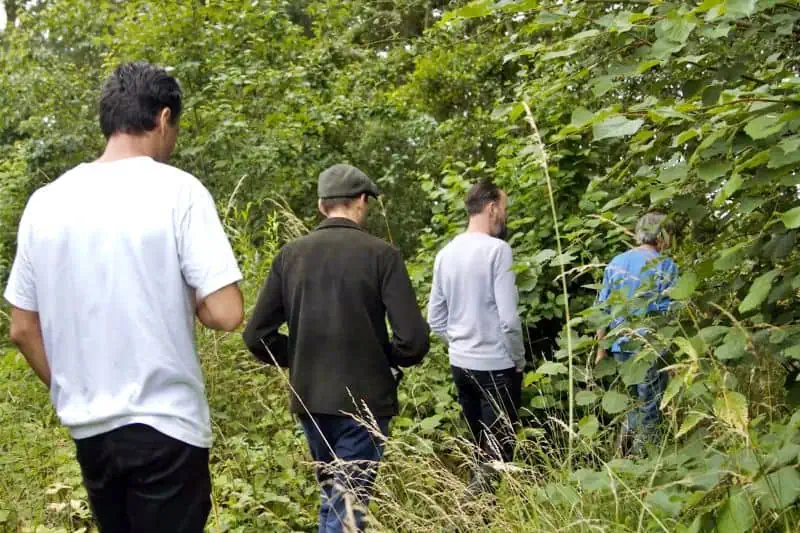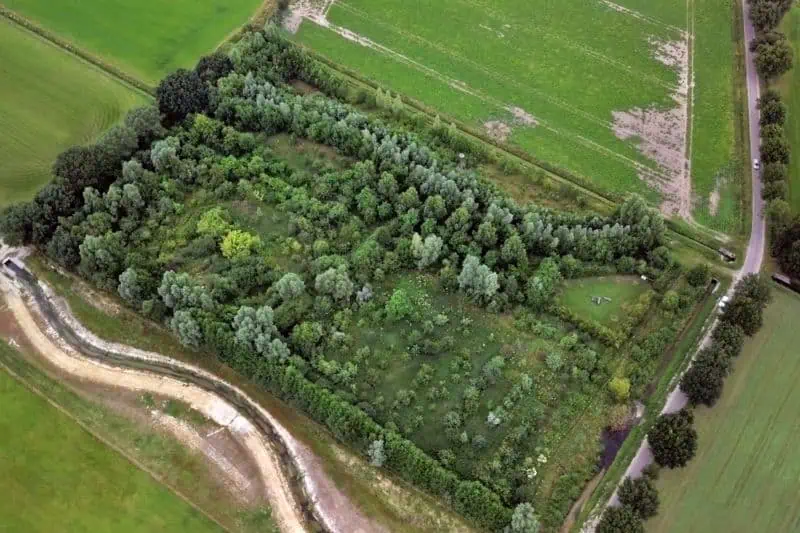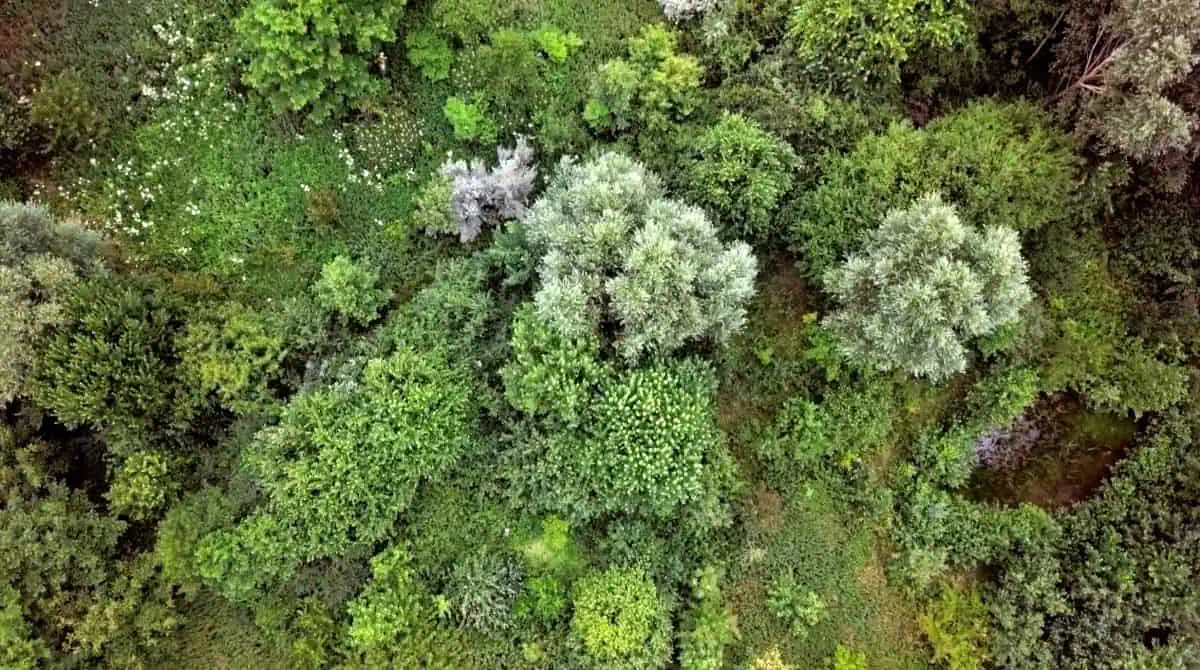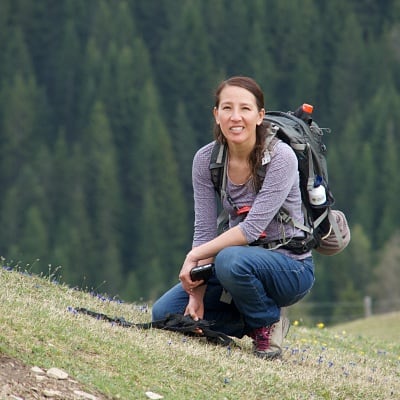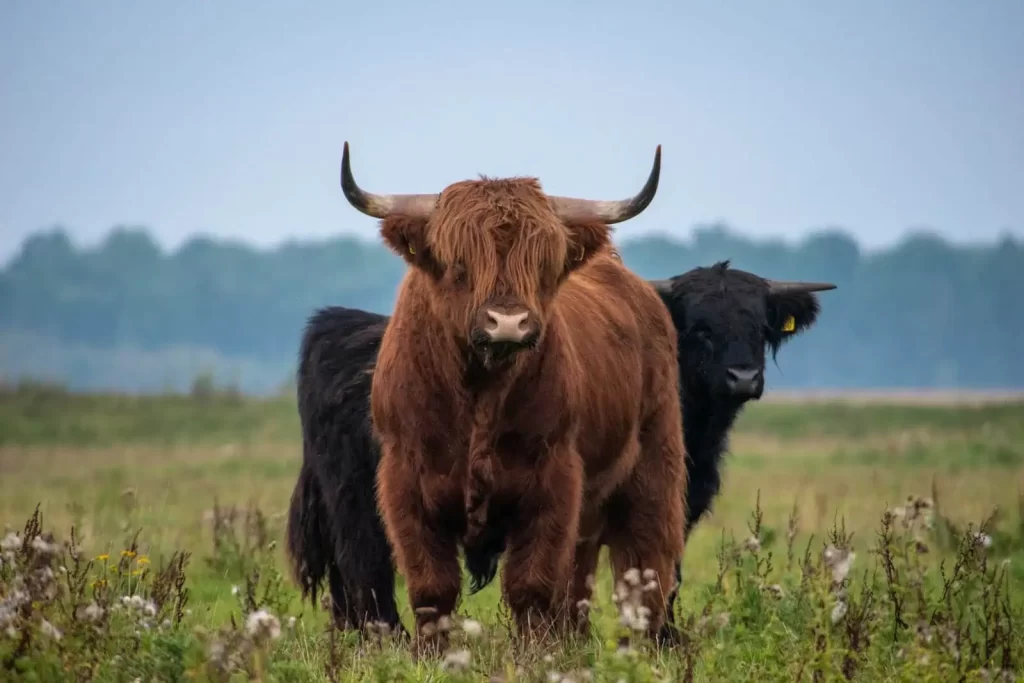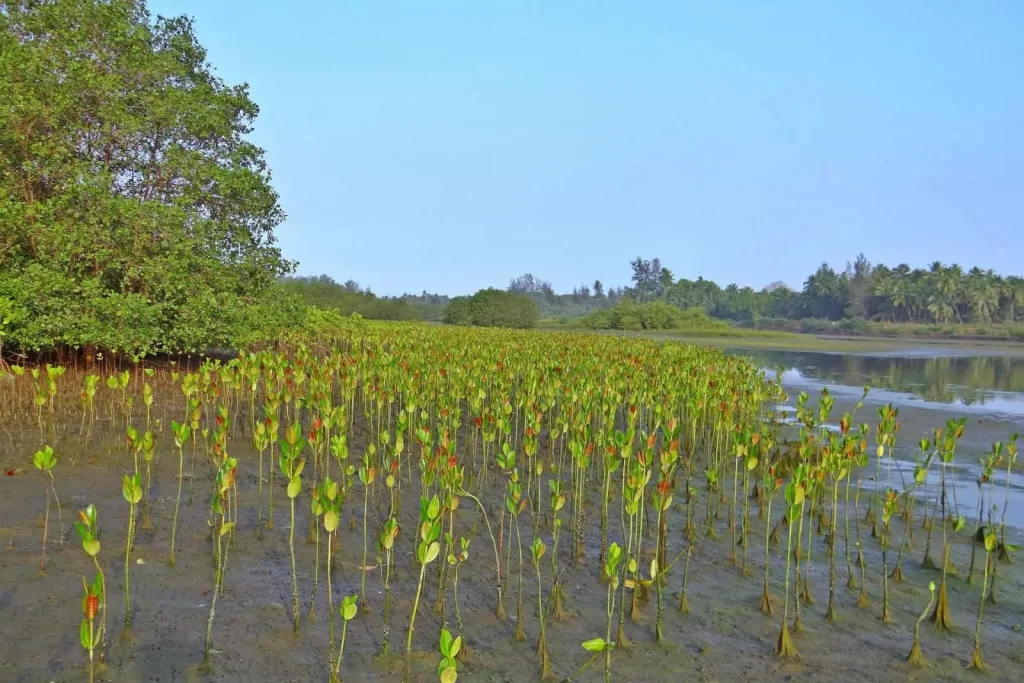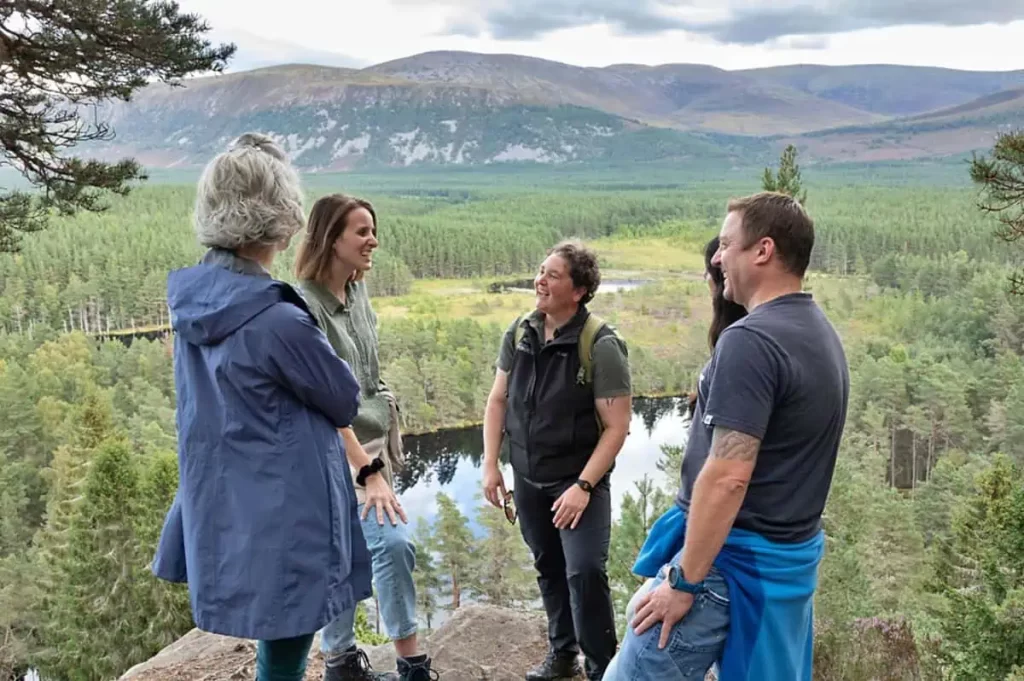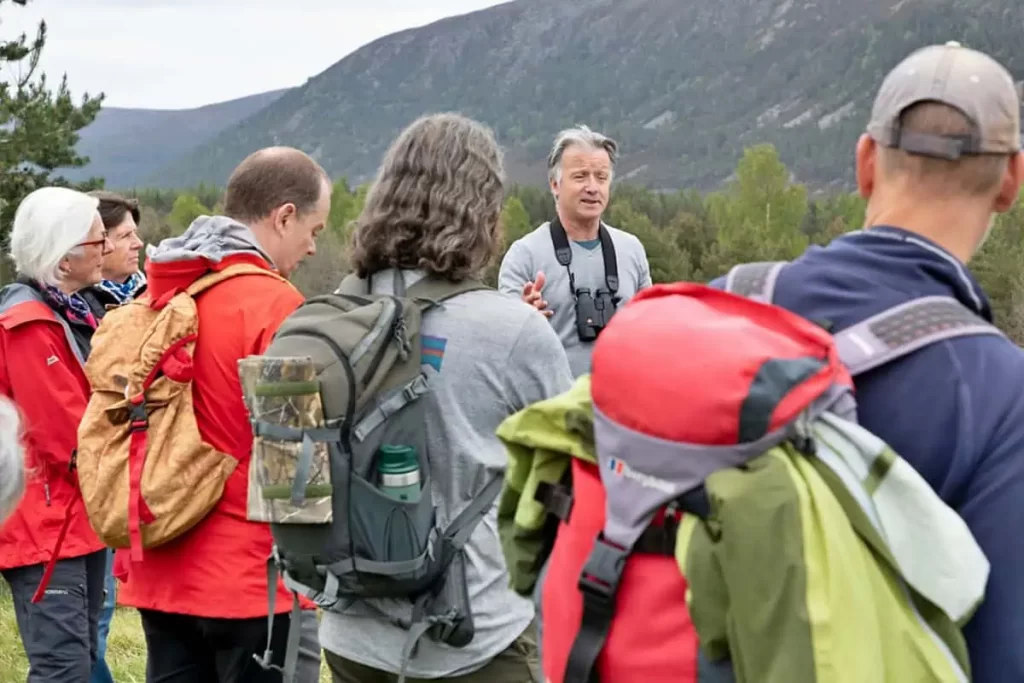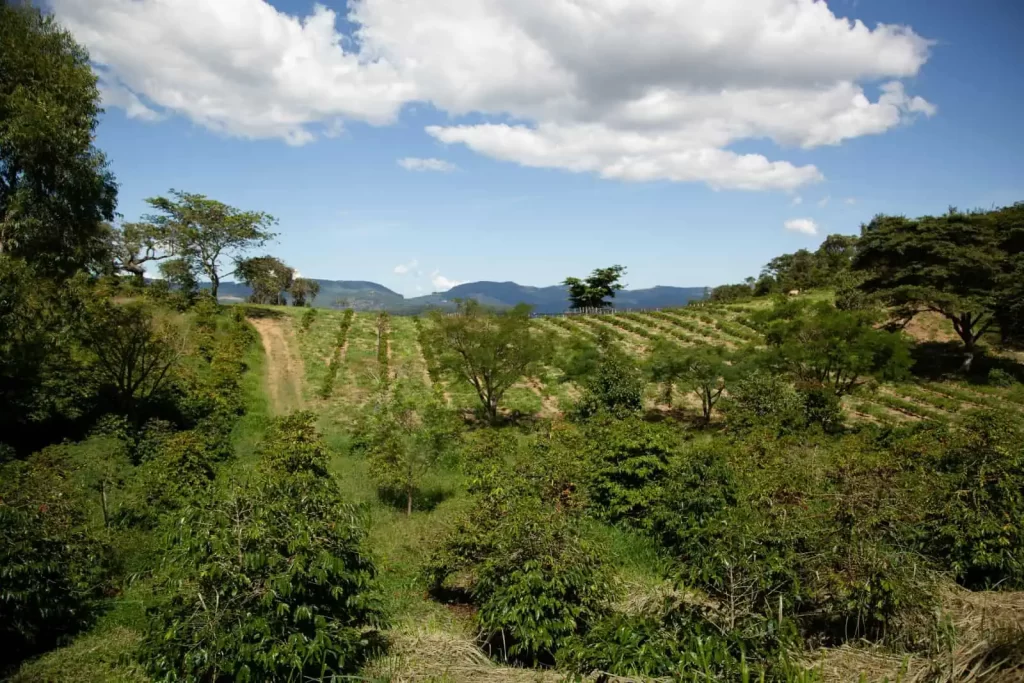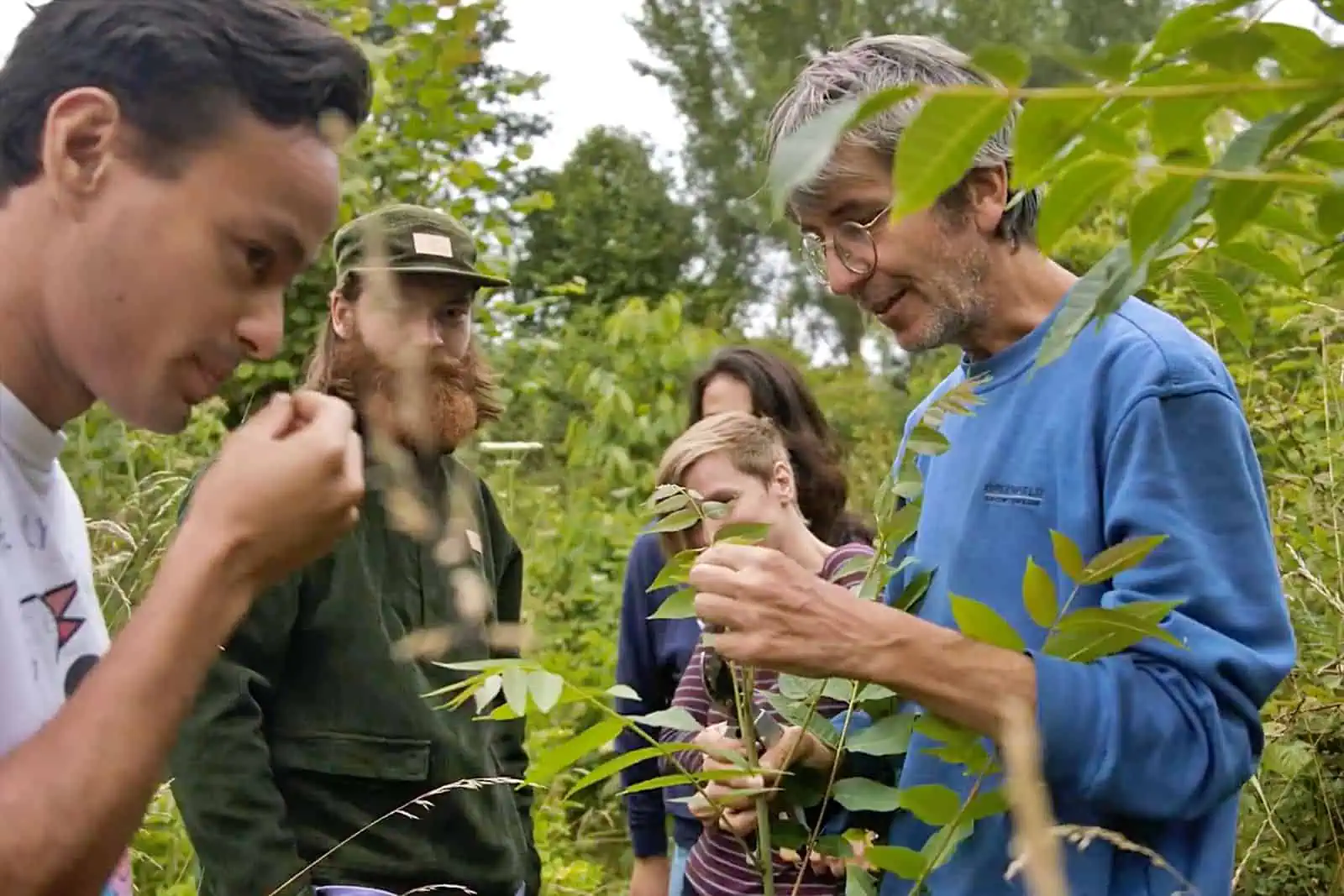
Food Forests and Landscape Restoration – Advanced Masterclass
About this course
This 5-day Advanced Masterclass will explore food forests from farm-scale implementation to landscape-level integration. Participants will engage with pioneering practitioners, visit key agroforestry and rewilding sites, and discuss challenges and opportunities in agroforestry, including ecological design, water management, climate adaptation, business models, market access, and consumer engagement. The course is delivered by Wouter van Eck, renowned food forest pioneer and ecological design expert, and Prof. Euridice Leyequien, specialist in forested landscapes and ecosystem resilience. The program includes hands-on learning, in-depth discussions, and a structured ‘think tank session’ to generate actionable insights for creating resilient and productive landscapes.
Coffee/tea and lunches are included!
This course will bring together people with different fields of knowledge and experiences, to be able to build an integrated approach.
About Wouter van Eck
Wouter van Eck is a leading pioneer of food forests in the Netherlands. With a background in political sciences, he has played a key role in promoting and designing agroforestry and food forest systems across the country. His work at Ketelbroek has influenced policies and inspired many new food forest projects. Wouter has given many guest lectures at various universities and was keynote speaker at both International Forest Garden Symposiums, organized by the Agroforestry Research Trust (UK). He has been featured in various media outlets for his contributions to regenerative agriculture.
“Everything in nature has a function: one plant prepares the way for another, until, after years of patience, a fully developed forest ecosystem emerges.”
— Wouter van Eck
About Euridice Leyequien
Euridice Leyequien is a seasoned researcher and advisor with over 20 years of experience working at the intersection of ecology, agriculture, and climate resilience. Her expertise lies in understanding and restoring human-modified ecosystems—such as agroforestry systems and secondary forests—within the broader context of global change. Euridice currently focuses on advancing the science-policy-practice interface for climate-smart ecosystem management, particularly in delta regions. She brings to this course a deep understanding of ecological processes, social dynamics, and practical solutions for re-greening and restoring multifunctional landscapes.
Ketelbroek Food Forest: A Leading Example
Ketelbroek is one of the most renowned food forests in the Netherlands, recognized for its high biodiversity and ecological design. Established by Wouter van Eck in 2009, it has become a model for integrating productive and regenerative landscapes. The site demonstrates how food forests can provide food, restore ecosystems, and create sustainable livelihoods. It has been featured in National Geographic and multiple documentaries as an inspiring example of agroecological innovation:
- Food forests: an alternative for intensive agriculture?
- The pioneer: Dutch chef Emile van der Staak on ditching meat and growing his own ingredients (in a food forest)

Millingerwaard
The Millingerwaard is a prominent rewilding area located in the Gelderse Poort region along the River Waal in the eastern Netherlands. It exemplifies the transformation of a heavily managed agricultural and industrial landscape into a dynamic, self-regulating ecosystem. Prior to rewilding efforts, the Millingerwaard was primarily utilised for intensive agriculture. Farmers cultivated crops such as sugar beet, potatoes, maize, wheat, and fruit, and engaged in cattle breeding. In addition to agriculture, the area supported clay mining and brick-making industries. The rewilding of Millingerwaard commenced in the early 1990s as part of a broader initiative to restore natural river dynamics and enhance flood protection. These efforts have led to the resurgence of native flora and fauna, including the return of beavers and various bird species. The area now serves as a model for combining ecological restoration with flood management and sustainable land use.
Klever Reichswald
The Klever Reichswald, located near the Dutch-German border, is one of the largest contiguous forest areas in western Germany and plays a vital role in regional biodiversity and rewilding efforts. Historically a managed woodland with military use and timber production, parts of the forest have been gradually returning to a more natural state. Today, the area supports a rich mix of old-growth forest, heathland, and wetlands, providing habitat for species such as wildcats, red deer, and rare woodpeckers. Rewilding initiatives in the Reichswald aim to strengthen natural forest dynamics, enhance ecological connectivity across borders, and support the recovery of native wildlife.
Natura 2000 Site De Bruuk
De Bruuk is one of the oldest nature reserves of the Netherlands. Once used for agriculture, the area now contains protected and vulnerable wet meadows and swamp forests. This area showcases effective nature management in practice. Several seeps where clean groundwater reaches near the surface create good conditions for rare vegetation (orchids, gentians), precious butterflies and reptiles as grass snake and viviparous lizards. Today, De Bruuk stands as a strong example of how ecological restoration can enhance biodiversity. It serves as a Natura 2000 area (EU protected nature), with the goal to safeguard rare habitats.
Regenerative farm Biesterhof
Biesterhof is a regenerative community farm located in Millingen aan de Rijn, near the German border. Since 2022, a team of young farmers has been cultivating healthy, organic food on 25 hectares of fertile clay soil, with the aim of restoring soil health, enhancing biodiversity, and strengthening community ties. The farm operates on agroforestry principles, combining annual crops with fruit and nut trees, herbs, and food forests. In addition, 10% of the land is reserved for nature restoration. The focus is on growing plant-based proteins, such as beans and nuts, and climate-adaptive crops like sorghum. Animals play a supporting role in the ecosystem. This concept enables the farm to experiment with nature-inclusive farming practices and to strengthen the connection between farmers and citizens.
- Ecological Restoration
- |
- Regenerative Agriculture
- Classroom
- |
- Field-based

